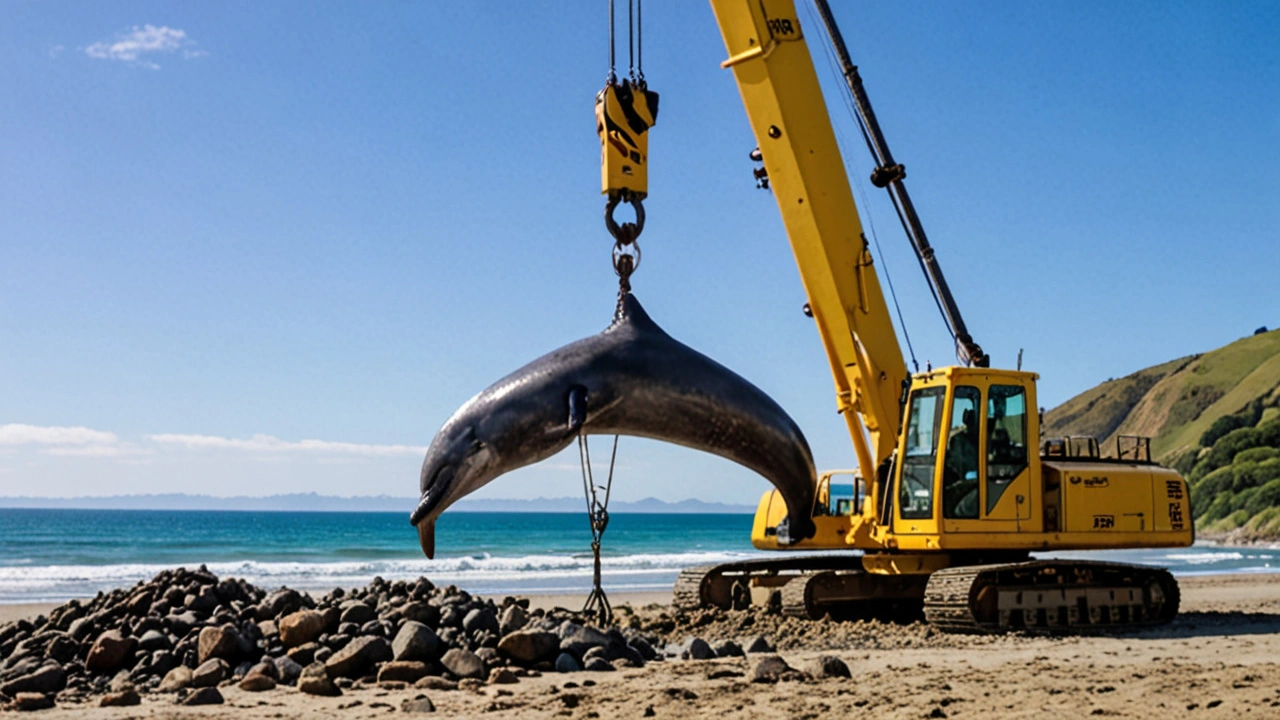Marine Biology in South Africa: Understanding Our Ocean Neighbors
Ever wonder what lies beneath South Africa's waves? Marine biology is the study of ocean life and habitats, and South Africa's coastline is a hotspot packed with diverse species. From colorful fish and coral reefs to mysterious kelp forests and migrating whales, this field uncovers the secrets of marine ecosystems that many people don't see every day.
Why does marine biology matter? For starters, it helps us understand how ocean creatures live, feed, and interact. This knowledge is crucial because the ocean influences everything from climate to food sources. For coastal communities, healthy marine ecosystems mean fisheries stay productive, beaches remain attractive, and natural protection from storms holds strong.
South Africa’s Marine Ecosystems and Species
South Africa’s shores meet two oceans—the warm Indian Ocean on the east and the cooler Atlantic on the west. This unique mix creates rich ecosystems supporting species like the great white shark, African penguins, and even rare seahorses. Marine biologists keep an eye on these creatures, often tracking their movements and health to spot changes in the environment early on.
Coral reefs near the warmer coasts serve as underwater cities, full of life and essential to many fish species. Meanwhile, the thick kelp forests along the western shores act like underwater jungles, providing shelter for fish, sea otters, and even octopus. Protecting these habitats is key because they make the whole ocean system work.
Challenges and Conservation Efforts
Unfortunately, marine environments face tough challenges like pollution, overfishing, and climate change. Warmer waters and acidification threaten corals and fish populations, while plastic waste harms sea creatures from turtles to seabirds. These issues don’t just affect animals; they impact people who depend on the ocean for food and income.
Luckily, South Africa is stepping up with marine protected areas and research programs. Scientists and locals work together to monitor species, reduce harmful activities, and raise awareness. Simple actions like proper waste disposal or supporting sustainable seafood can make a big difference for ocean health.
Interested in marine biology? You don’t need a lab coat to start. Exploring local beaches, joining citizen science projects, or even just learning about the ocean’s rhythms connects us all to this vital world beneath the waves.
Rare Spade-Toothed Whale Found on New Zealand Beach Offers Unprecedented Insights
A rare spade-toothed whale was recently discovered dead on a New Zealand beach, sparking significant scientific interest. Identified by distinct features and currently stored for DNA analysis, this finding provides a rare chance to study this elusive species. The species, rarely sighted alive, holds cultural significance for the Māori community.
Read More
